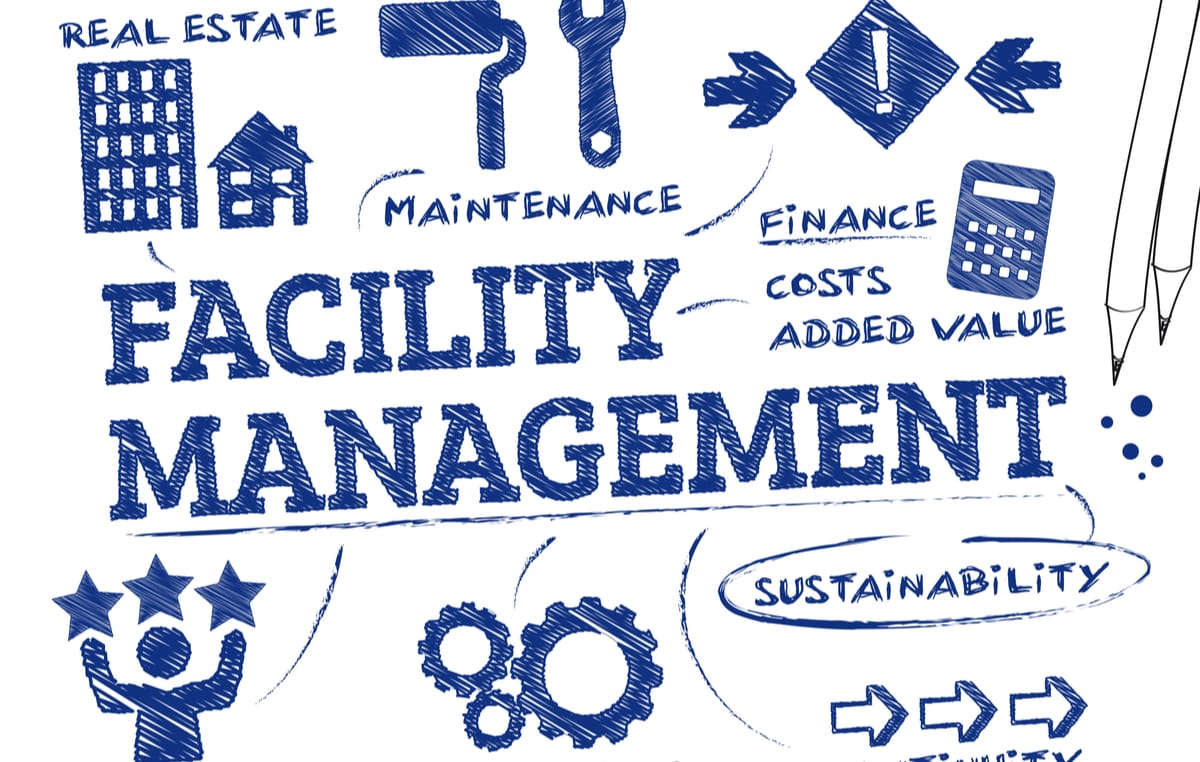
Sustainable Facilities Managers are Ideal Change-Agents
Sustainable facilities managers have a critically important role in their own companies but also globally. They have the ability to positively impact the environment by making crucial changes in their organizations, from daily operations to new building decisions, that can have repercussions beyond their own walls.
A Journal of Facilities Management article written by Christopher Hodges puts it this way, “The benefits of sustainability and green building practices in facility management are well established. Reduction in energy consumption, productivity increases, waste reduction, and many other beneficial effects of sustainability can be quantified and presented to an organisation’s leadership in order to defend sustainable practices and their positive effect on the bottom line.”
Smartway2 enables you to implement hybrid working with ease. To see for yourself how to create a touchless, on-demand, adaptive workplace, book a demo.
Pillars of Sustainability

An article titled, “A review of sustainable facilities management knowledge and practice,” by professors Kurannen Baaki, Mohamad Rizal Baharum and Azlan Shah Ali, published by the MATEC Web of Conferences, breaks sustainability into three pillars: environmental, social, and economic. Their paper reads in part, “FM has been firmly established now as an integrated function that operates, manages, and improves buildings and infrastructure of organizations in order to create an environment that enables core business to thrive.”
The article goes on to share this table illustrating the three-pillar system mentioned above:

Change Agents

The paper we just referenced by Baaki, Baharum and Ali, goes on to discuss why facilities managers are the ideal change agents. According to the three authors, “Especially for large organizations, facilities management has become a vital function, providing services such as energy management, pest control, recycling, health and safety, hygiene, waste management [18]. The true importance of FM is in linking all services under its remit to organizational core objectives and creating value. FM nowadays is seen as the key link between organization or business support services to core- business, a vital service sector, charged with providing cost-efficient support services in a highly competitive and continually changing business environment.”
How Facilities Managers Can Impact Sustainability

Payal Srivastava, writing for ServiceChannel, a facilities management platform, put together a helpful list of 6 ways that facilities managers can support sustainable facilities. We are sharing his list below:
- Conduct Sustainability Analytics
- Update Assets to Boost Energy-Efficiency
- Use Eco-Friendly Cleaning Supplies
- Perform Preventive Maintenance
- Implement Recycling Practices
- Employ Green-Focused Contractors
Bill Conley, owner and Chief Sustainability Officer (CSO) of CFM2, a facilities management and sustainability consulting firm, does a great job at explaining the critical role facilities managers can have regarding sustainability in an article for FacilitiesNet, a facilities management website. According to Conley, “The profession of facility management has grown and matured over the years. A facility manager is a well-rounded and fully educated practitioner in the holistic management of the built environment. No longer a department-by-department initiative, sustainability requires a systems approach to managing a business. Facility management is a system that supports all other systems. The optimal impacts of sustainability are long term and belong in a strategic plan, and the best facility managers are already linking facility management strategy and sustainability tenets to those of the overall entity.”
Conley continues on to say, “The methods used in facilities to streamline operations and increase productivity can be applied elsewhere to similar effect. Minimizing waste — of time, effort, and resources — leads to financial benefits and can be applied to any process. Corporate sustainability naturally follows the facility management model.”
Long-Term View

Christopher Hodges’s Journal of Facilities Management article we mentioned at the beginning of this piece has a very interesting perspective of looking at facilities management in a long term view. Hodges writes in part, “One must take a long-term view of most sustainable practices and carefully evaluate green alternatives to traditional construction, operating and maintenance methodologies. Once the life-cycle cost (LCC) and total cost of ownership (TCO) are taken into account, an organisation can develop a much clearer picture of the benefits of sustainable practices. The facility manager is in a unique position to view the entire process and is often the leader of the only group that has influence over the entire life cycle of a facility. Therefore, the facility manager often becomes the proponent of sustainable and green practices. Armed with the proper financial and strategic planning tools, the facility manager can create long-lasting value to the organisation by developing, implementing and maintaining sustainable facility practices.”
Top Facilities Manager Skills for 2021

Being a facilities manager is a position that requires varying skill sets. In this section. we will break down some of the top skills that you will need in order to be successful in the role of the facilities manager.
Gregory Blondeau, co-founder of Proxyclick, a cloud-based visitor management solution, authored a post entitled “the 4 skills of any successful facility management leader in 2021,” and we are sharing his list below:
- Technological creativity
- Compassion
- Adaptability
- A data-driven mindset
Teamgo, a visitor management system, outlines examples of the wide-ranging list of duties required of a facilities manager:
- Managing catering, parking, security, cleaning and maintenance
- Ensuring basic facilities such as water, heating and cooling are maintained
- Managing budget in a cost-effective way
- Managing building spaces such as meeting rooms and lobbies
- Ensuring the facilities comply with government regulations and standards
- Overseeing refurbishments and other building projects
- Drafting reports and making written recommendations
- Overseeing technology implementation and maintenance
- Managing teams
- Liaising with tenants or employees
- Organising building events
Teamgo also shares a list of 8 skills they believe to be vital for success in the role of facilities manager:
- Openness to technology
- Communication skills
- Leadership
- Analytical mind
- Adaptability
- Empathy
- Sustainability mindset
- Legal knowledge
Smartway2 offers unique workplace scheduling software for modern, agile and collaborative companies. Our flexible software can enable you to increase productivity, optimize your space and reduce your carbon footprint.


